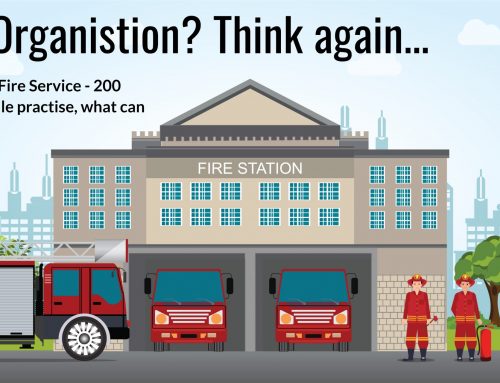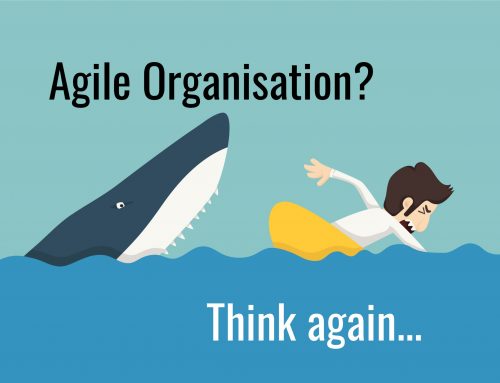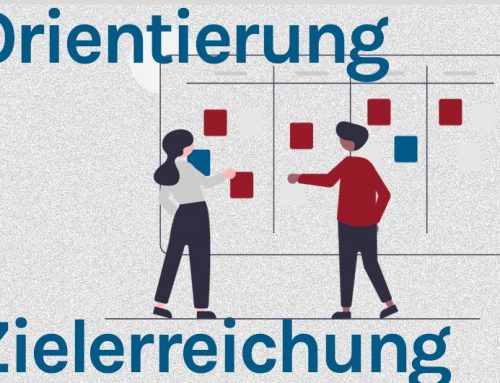The choice of communication strategy
Are we guided more by emotional impressions and experiences or more by intellectual ones, e.g. facts and figures? Is it the unspeakable, the felt and the approximate that brings us closer to a product, a service, a company or an organisation and its concerns, or is it criteria such as location, time or number of employees that turn us into buyers or “addicted followers”? Spontaneously, common sense tells us that it is both.
With the rise of consumer goods, marketing emerged which first advertised products and companies in shop windows and with advertisements, later also with TV spots. For the most part, the focus was on clear factors. A car that had fewer repairs was considered the better product. Today, advertising often (too often?) takes the form of an attack on the limbic system (a function in the brain that serves to process emotions and create driven behaviour). Experiences, feelings and approximations are marketed rather than real customer benefits. Drives and emotions are addressed. The unconscious. Meaning that HR departments work to make their companies loved so that the right people apply to work for them. Even the hoover or the beer – everything always has to be loved.
There is a reason for this shift towards emotionalised communication. Of course, we humans are fact- and emotion-oriented. When I think about buying an electric toothbrush, I inform myself about its technical and perhaps ergonomic specs. In other words, facts. When I want to book a vacation, emotions will also play a role in finding my destination of choice. In other words, what I feel, what I love.
In the past 20 years, the quality of many products and the goals of companies have converged in many places, or at least come much closer. Whether I use an iPhone, a Samsung or a Huawei is today practically the same, from a technical point of view. Missions, visions and company values – whether they sell screws, software applications or meat of Kobe cattle – often seem interchangeable so one may ask oneself, rightfully, within strategy development whether this is not a complete waste of time. Distilling the USP – the unique selling point – may sound simple, but can be a major challenge if the strategy development processes are not (enough) aware of such pitfalls.
+++
We hope to escape this monotony in the world of products and services in communication with the new possibilities of digitalisation. The data collection frenzy of Facebook and Co. means that we can trace customer journeys better than ever before. Today, we have data at our disposal with the help of which we can predict that Mr Miller is highly likely to decide to buy a lawn mower within the next two weeks and that Ms Meyer is open to this or that political message., advertising content can be put together to fit perfectly, for one person more factual, for another more emotional.
Measuring people as basis for exactly the right communication, as basis for the appropriate positioning of the company or product. Ideally, this would promise the client a more accurate and successful communication with less effort. for the consumer, advertising (in its broadest sense) without “annoying side vegetables”. And therefore, it is the solution to Henry Ford’s famous phrase: “I know half my advertising is money down the drain. I just don’t know which half.” Maybe.
Anyhow, the tedious and tiresome either-or discussion about whether the right communication strategy should be more experience-driven or more fact-based becomes obsolete. If the data really does look as promising and deep as people hope, and we are able to analyse and interpret them, including all the necessary parameters, then, the circle may be closed. Only then, it helps to understand (or better accept) that people are both driven by experiences and feelings but also by facts and information alike.
In communication perhaps, we also shall be freed from the expectation that everything must always be loved all the time. Even more, it will be understood that not everything should and must always be loved. Especially for true love.





